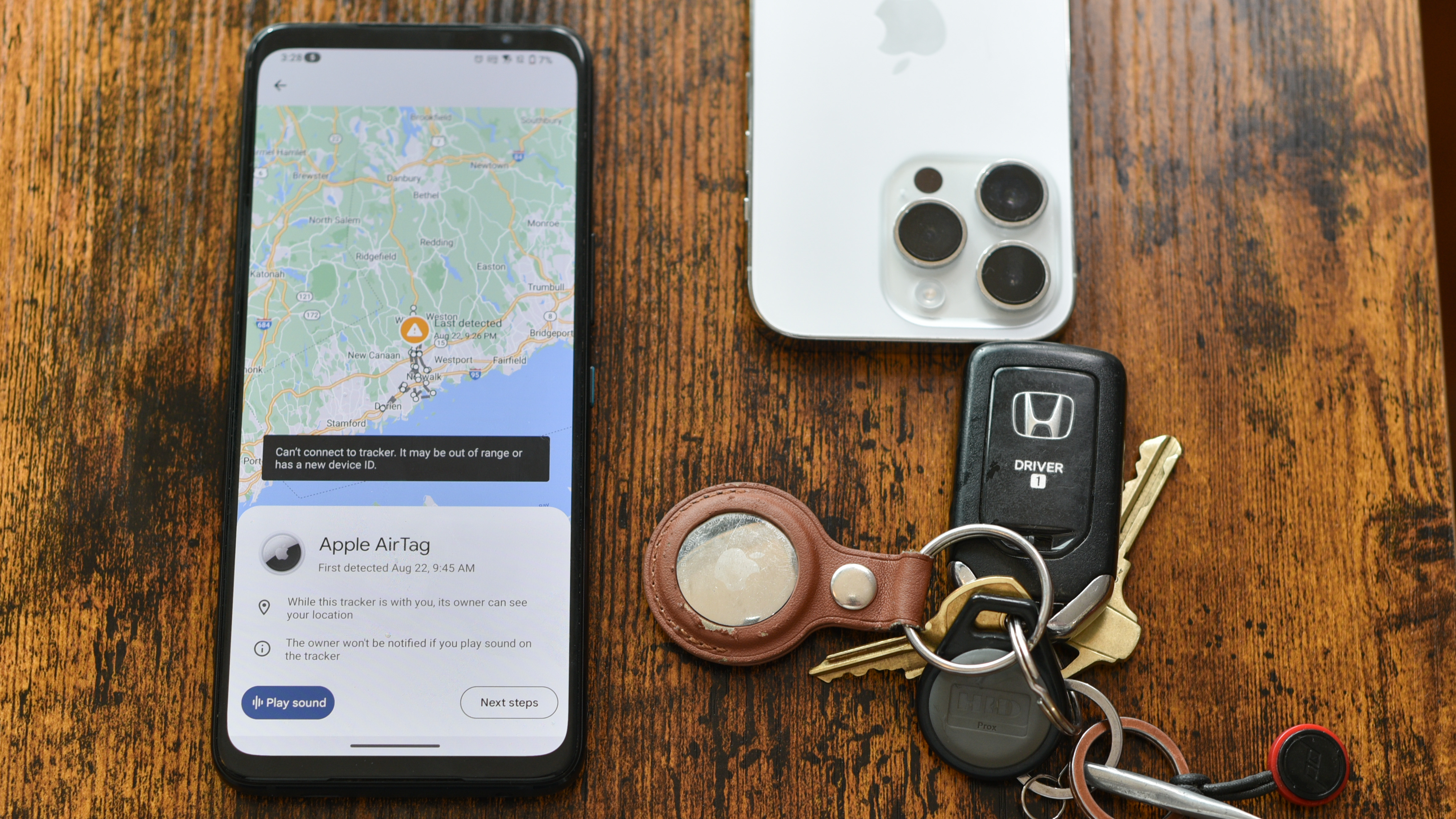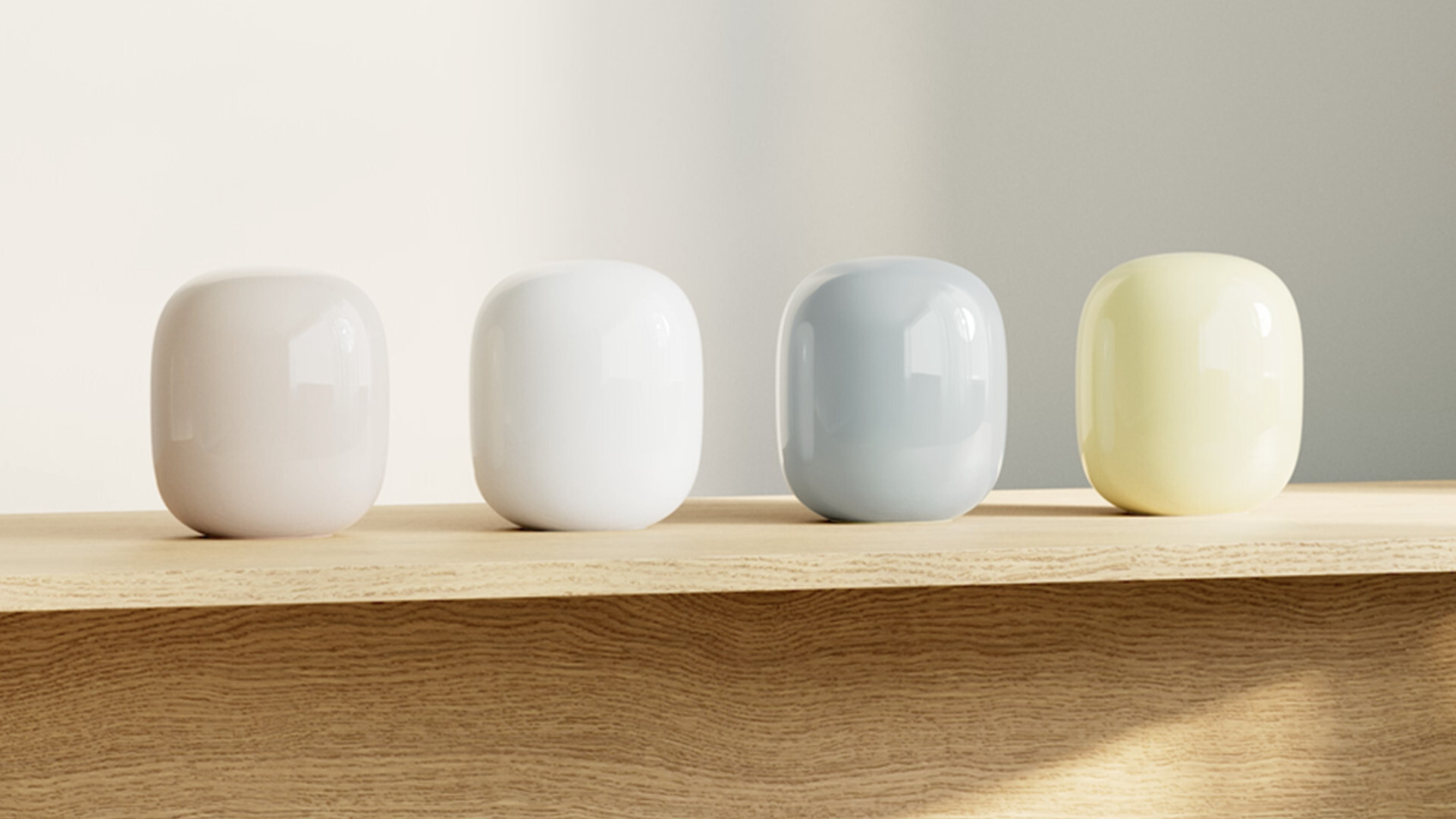
Apple AirTags are great because, in addition to using ultra wideband (UWB) radio for location, they also use other people’s iPhones and Apple devices to create a web of devices that can all help find each other. Google has been trying to build the same, a Find My Device network that can share location among a web of devices, along with its own version of AirTags, but it's run into issues; and while Google has been laying the blame for its delays on Apple, the situation is a bit more complicated and bureaucratic.
The issue concerns a universal standard for detecting unwanted location trackers (DULT). Whether you have an Android or an iPhone, if somebody places an Apple AirTag on you without your knowledge, your phone will find the unwanted tracker and alert you to its presence. This wasn't a feature when the AirTag fist launched; it was added later by Apple and then Google in Android.
Google has said it won’t launch its own location tracking tags until Apple has a similar feature built into iOS. If the iPhone can’t detect unwanted Google trackers, then Google won’t sell them. It seems to be putting the fate of its tracking devices squarely in Apple’s hands, but in fact there's an organization in the middle of this standoff: the Internet Engineering Task Force (IETF).
The IETF does not move at internet speeds
The IETF controls the big protocols and standards that make things on the internet work together properly. If there's a change to TCP/IP, the roadway system of the information superhighway, it will be the IETF that shepherds and eventually approves the changes. As the internet of things picks up steam and more devices talk to each other, it's the vital work of the IETF that will keep everything connected.
That said, the IETF moves slowly. Google and Apple submitted an Internet Draft proposal to the IETF for a DULT protocol last May, 2023. After addressing industry concerns and feedback, a version 01 proposal was submitted in December. Reading the proposal, there are still gaps that need to be considered before the standard is finalized, but it could be ready for products early this year.

The IETF is not in any rush, however. The working group to finalize the DULT standard has a goal of mid-2025 for completing its work. Google wants to launch products now, and it likely has an AirTag competitor ready to go – we’ve even heard that the product could launch under the Nest brand.
Google points the finger at Apple, without evidence
What’s the holdup? Apple and Google have said they would wait until version 1 was approved. Now, Google seems to be pointing the finger at Apple. Talking to Mishaal Rahman at Android Police, Google says that it's Apple that is holding up the process, waiting for a version it calls the “production implementation.” It’s unclear exactly what that means, as that’s not how the IETF labels its documents.
Google claims that this ‘production implementation’ was ‘published’ in December last year, and it seems to question why Apple would wait any longer to add the feature to iOS. In fact, in December of last year, Apple and Google submitted version 01 of the DULT proposal to the IETF, but nothing final was published. The proposal never mentions ‘production implementation’ status, and it's clear from the document that there's more work to be done.
Frankly, Google doesn’t need to wait for Apple here, but it's good practice, and better for the safety of users… iPhone users, that is. If Google is pointing fingers at Apple and confusing this issue, I’d guess that the company is growing frustrated over this partnership. I expect we’ll see movement on this sooner rather than later, and possibly in time for Google’s big I/O 2024 event in May – we'll be patient, and avoid pointing fingers, until we learn more.







